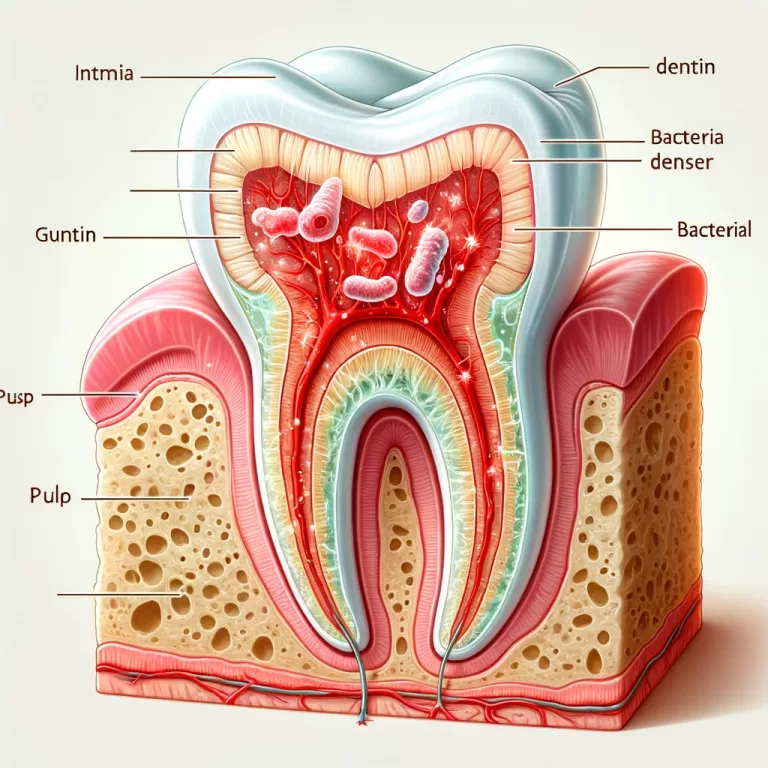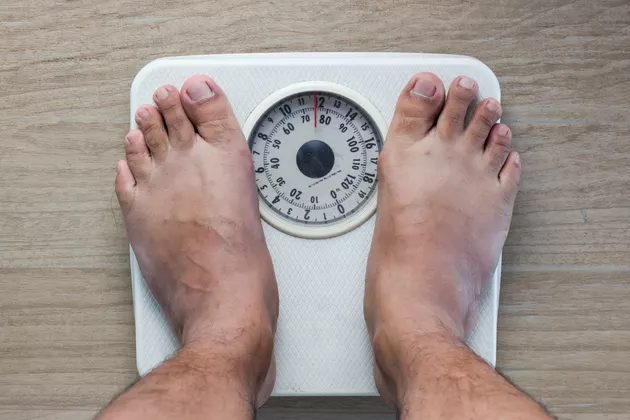Which is better, exercising in the morning or in the evening?
Unless there is a gym in the office (or downstairs), generally speaking, most office workers usually exercise in the morning and evening, that is, before work and after get off work.
So, is it better to exercise in the morning or in the evening?

Image source: Tuchong Creative
There have always been many supporters on both sides.
The “morning faction” believes that the metabolism is most active in the morning, exercise is effective in reducing fat, and it can also start the day’s mental state. At night, it is close to rest time, and exercise is not in line with physiological laws and can cause insomnia.
The “evening faction” believes that exercising right after waking up is not only prone to hypoglycemia, but also prone to cardiovascular and cerebrovascular diseases. In the evening and at night, people have more physical energy, and exercise at this time is more conducive to muscle growth.
Needless to say, these rumors really have some truth.
A recent new study found that the effects of exercising in the morning and evening are indeed different, and there are differences between men and women [1].
The study recruited a total of 56 healthy adults who had received certain exercise training, maintained exercise habits, and were not obese, including 30 women and 26 men, and randomly divided them into two groups: “morning exercise group” and “evening exercise group”.
Under the guidance of the coach, the participants had to perform a variety of combined exercises, including aerobic exercise, anaerobic exercise, stretching exercise, and a diet that increased protein intake.
There were four types of exercise, one for about an hour a day, four days of exercise and three days of rest a week, which was similar to ordinary people with fitness habits.
The only difference was that the “morning group” exercised from 6:30 to 8:30, which was close to our usual morning exercise time, while the “evening group” was from 18:00 to 20:00, which was the peak time in the gym, but not particularly late.
In the end, among those who persisted in the 12-week experiment, there were 14 women and 12 men in the “morning group”, and 13 women and 8 men in the “evening group”. (This shows that… 9 participants dropped out of the trial, a dropout rate of 16%. It’s really not easy to stick to exercise.)
Seriously, what did the study find?
Meal Angle
Whether exercising in the morning or at night, people’s appetite has not increased. There is no basis for the saying “the more you exercise, the more you like to eat”.
Girls exercising at night may also increase their sense of fullness to a certain extent.
A way to eat less midnight snacks has been found

Image source: Tuchong Creative
In terms of muscle gain
Girls are better at training their waist, abdomen, hips and legs in the morning, and the best at training their arms in the evening;
Boys are almost the same in the morning and evening, as long as they train, they will gain something.
If you want to lose weight
Regardless of gender, exercising in the morning or evening can help reduce fat and lower body fat percentage.
Girls have a more obvious fat-reducing effect when exercising in the morning, especially when reducing the belly – women who exercise in the morning lose an average of 10% of abdominal fat, while those who exercise in the evening only lose 3%.
For boys, there is no difference in the effect of morning and evening exercise on fat loss.
For cardiovascular health
Girls can lower cholesterol, blood pressure, and respiratory rate (equivalent to metabolizing more fat) no matter when they exercise, and improve cardiovascular indicators, and exercising in the morning is more helpful in lowering blood pressure.
For boys, these effects can only be seen if they exercise in the evening.
Improved Mood
Exercise can improve men’s mood, especially in the morning and evening. It can help reduce depression, anger, tension, fatigue and overall mood disorders. Men who exercise in the evening can reduce fatigue throughout the day.
In contrast, exercise does not improve women’s mood as much as men.
In a word, exercise in the morning and exercise in the evening have their own advantages.
However, the limitation of this study is that there are a few participants. There are many studies in the academic community on the difference between exercise time and exercise effect.
Differences in exercise effects
The difference in the effect of exercising at different times is mainly related to the circadian rhythm of body cells.
Every living organism has an internal biological clock to adapt to the rotation of the earth and the change of day and night, and this biological clock will arouse different metabolism of the body.

Image source: Tuchong Creative
In 2019, a study published in Cell Metabolism found that during daytime exercise, the body has higher levels of a metabolite that can activate the breakdown of sugar and fat. [2]
Another study conducted during the same period also found that there seems to be a considerable difference in the effects of exercising in the morning and evening! [3]
Morning exercise seems to increase the ability of muscle cells to metabolize sugar and fat, while evening exercise increases energy expenditure in the hours after exercise.
Researchers believe that these differences may be controlled by the body’s biological clock. Exercising at different times will activate different “enzymes and metabolic pathways”, which makes the benefits of exercise vary.
In short, current research roughly points us to a path: if you want to burn fat, it may be more efficient to choose to exercise in the morning. But in addition to losing weight, exercising at night also has unique benefits in terms of metabolism and mood.
Seeing this, some people must be thinking: I always fail to lose weight, is it because I chose the wrong time to exercise? Finally found an excuse. No, the reason!
Friends, wake up.
In fact, for most people, the core issue is not the exercise time, but… do you really stick to it? (Think about the 16% dropout rate)
In addition, the purpose and method of exercise are more important than the exercise time – are you trying to lose weight, gain muscle, or enhance cardiopulmonary endurance?
For example, if your training goal is to lose weight, then the more suitable exercise method is aerobic training of moderate intensity or above, which lasts for more than 40 minutes; if your training goal is to gain muscle, then you can choose resistance training 2 to 3 times a week.
Whether it is morning or evening is just a bonus factor, the key is to stick to moving first.

Image source: Tuchong Creative
What should you pay attention to when exercising at different times?
As mentioned earlier, the body has a biological clock, and the state may be different in the morning and evening. This will not only affect the effect of exercise, but also have other manifestations, and there are different precautions.
1. Exercising in the morning may not be friendly to people with higher cardiovascular risks
A large number of studies have shown that cardiovascular and cerebrovascular problems are more likely to occur during the early morning hours. The “Chinese Expert Guidance on Clinical Management of Morning Blood Pressure” also mentioned that the risk of ischemic stroke in the early morning hours is 4 times that of other hours; the risk of cardiovascular death between 7 and 9 am is 70% higher than other hours.
For people who already have cardiovascular disease, exercising in the morning does have risks, and the effect of exercise on blood vessels may increase the incidence of cardiovascular disease within a few hours after exercise. Such people should try not to exercise too early.

Image source: Tuchong Creative
In addition, people with poor blood sugar control are prone to hypoglycemia when exercising in the morning. It is recommended to eat a small amount before morning exercise.
2. Exercise at night, try not to do it before going to bed
There has always been a controversy about exercising at night: some people say that exercising before going to bed helps sleep, while others say that the more you exercise, the more excited you become.
In fact, both are right, and this is mainly related to the intensity and time of exercise.
Vigorous exercise within an hour before going to bed may cause damage to the latency period of sleep onset, total sleep time and sleep function, which really makes people sleep poorly.
If you only have a little time to exercise before going to bed, it is recommended to do relatively light exercises such as yoga and walking;
If you exercise at 7 or 8 o’clock in the evening, a few hours apart from going to bed, then moderate-intensity exercise may improve sleep quality and increase the length of deep sleep.
* Even if the heart rate reaches 0.6* (220-age) during moderate-intensity exercise, that is, 60% of the maximum heart rate, you should not “insist” on exercising when you are tired from working overtime or staying up late. This is not conducive to the repair of physical damage caused by exercise, and it will make the heart overload in a more fragile state, causing arrhythmia or even sudden death.
3. What should I do if my working hours are limited and I have no choice?
Don’t worry about the time, as long as you move, it’s better than not moving.
If your job requires you to work overtime and stay up late, it is recommended that you quit your job and try some milder exercises, such as taking a walk, riding a bicycle, walking up and down the stairs, or even standing up and doing a few squats every hour, going to the toilet more often… small amounts add up to a lot, and the effect can be equivalent to special exercise.




